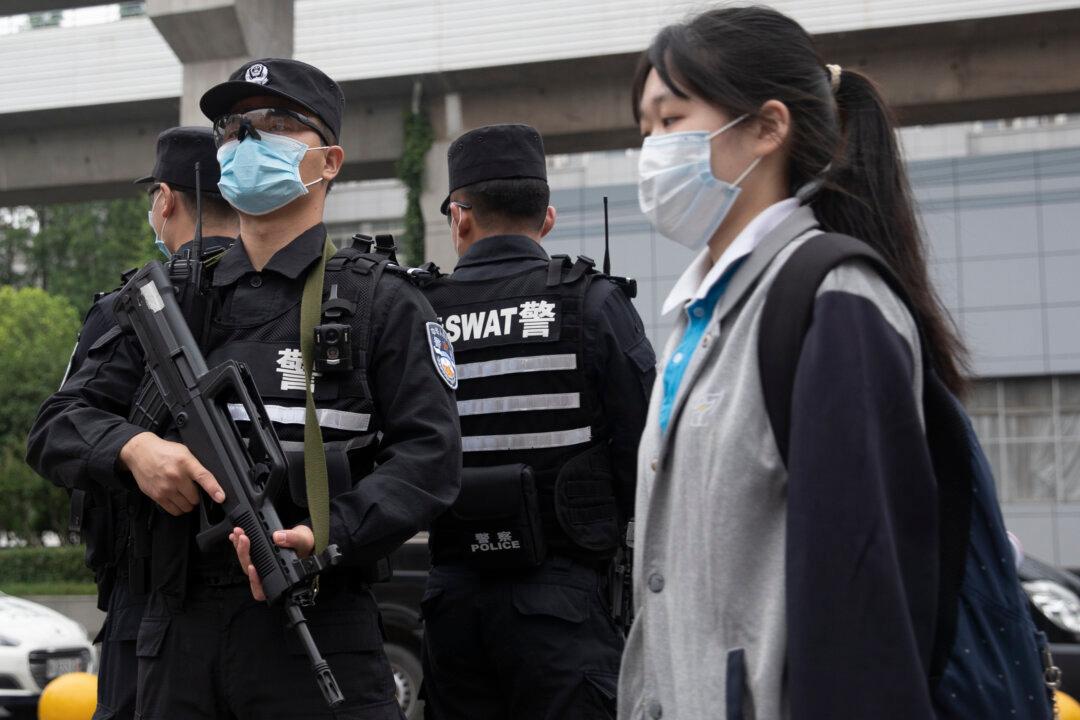Beijing’s top intelligence agency has rolled out a new anti-espionage regulation, subjecting institutions and companies to tighter surveillance, including on students and scholars going abroad from China.
This announcement was made on the same day that the United States announced that in the national interest it will allow entry for students and scholars from certain countries, including China, Iran, Brazil, and South Africa. They will be exempt from existing travel bans.




